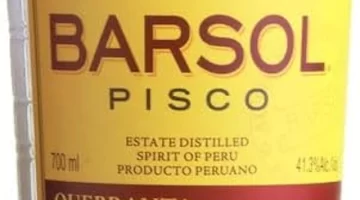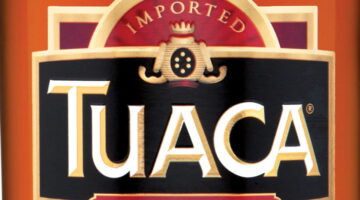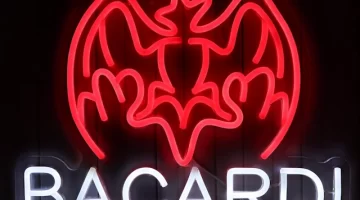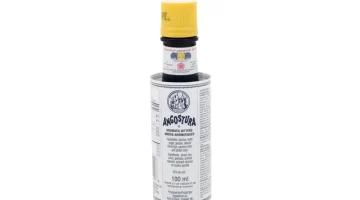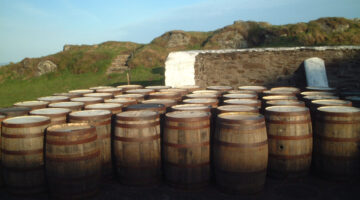What is Pastis?
Travel Distilled explains what the French drink pastis is, where it comes from, how it’s made, and its cultural significance.
In the sun-drenched lands of the Mediterranean, where time seems to slow down, a unique and iconic beverage holds sway: pastis. Originating from the southern regions of France, particularly Provence and Marseille, pastis has become synonymous with the leisurely enjoyment of life, captivating locals and international enthusiasts alike. This anise-flavored spirit boasts a rich history, a distinctive production process, and a cultural significance that transcends its liquid form.
What is Pastis’s History?
The story of pastis unfolds against the backdrop of France’s early 20th-century ban on absinthe. With absinthe outlawed due to its alleged hallucinogenic properties, creative minds sought to fill the void with an alternative. Enter Pastis, a spirit that shares the anise flavor of absinthe but lacks the wormwood that caused its notorious reputation. Brands like Pernod and Ricard emerged as pioneers, shaping the landscape of anise-based spirits in the decades to come.
How is Pastis Made?
The production of Pastis involves a mix of botanicals and spirits. Anise, licorice root, fennel, and various other herbs and spices are carefully blended to create a flavorful concentrate. This mixture is then combined with a base spirit—typically neutral alcohol—and water. The magic happens when this is diluted with water just before drinking, transforming the clear liquid into a milky marvel, a phenomenon known as the “louche.”
The Ritual of Louche
The louche is not just a chemical reaction; it is a ritual. As an enthusiast adds water to their glass of Pastis, the clear liquid turns cloudy, releasing a mesmerizing array of aromas. This ritual, often accompanied by the soothing sound of water meeting glass, marks the beginning of a leisurely and convivial experience. The louche not only enhances the drink’s aromatic profile but also symbolizes the slow pace of life associated with the Mediterranean way of living.

Cultural Symbolism
Pastis is more than a drink; it is a cultural emblem. In the bustling cafés of Marseille or the quaint squares of the villages of Provence, it serves as a catalyst for socializing, laughter, and camaraderie. The tradition of “apéro,” the pre-dinner gathering for a drink and small bites, is deeply ingrained in Mediterranean culture, and Pastis often takes center stage during these social get-togethers.
Timeless Summer Companion
Pastis embodies the spirit of summer in the Mediterranean. Its refreshing and herbal notes make it the perfect accompaniment to warm, sun-soaked afternoons. Whether enjoyed on a terrace overlooking the deep blue sea or in the shade of a centuries-old olive tree, Pastis encapsulates the essence of a leisurely summer day.
Varieties and Brands
While Pernod and Ricard are the classic representations of Pastis, the market has seen the emergence of various regional and artisanal variations. Each brand puts its unique spin on the traditional recipe, offering enthusiasts a diverse palette of flavors and experiences. Some incorporate local botanicals, adding a distinct regional character to the spirit. If you’re in the area, ask if there are any local versions of Pastis.
Mixology Beyond the Louche
While Pastis is traditionally enjoyed with water, mixologists have embraced its versatility, creating innovative cocktails that showcase its anise-forward profile. From classic cocktails like the Mistral (vodka, pastis, water and a twist of lemon) to modern creations featuring exotic ingredients, Pastis has found a place behind the bars of both traditional bistros and trendy mixology hubs.

Global Appeal
What began as a regional specialty has transcended borders, finding a global audience that appreciates its distinct flavor and cultural resonance. Pastis has become a symbol of the Mediterranean lifestyle, offering a sip of sunshine and relaxation to people around the world.
Challenges and Resilience
Despite its enduring popularity, Pastis has faced challenges over the years. Changing consumer preferences, regulatory hurdles, and the rise of new spirits have posed obstacles. Yet, the spirit has proven resilient, adapting to evolving tastes while staying true to its roots.

In conclusion, Pastis is more than an anise-flavored spirit; it is a cultural ambassador of the Mediterranean way of life. From its humble origins as an absinthe alternative to its status as a global icon, Pastis has navigated the currents of time with grace. Whether enjoyed in a bustling city café or a quiet village square, Pastis invites us to savor the moment, embrace conviviality, and relish the timeless allure of the Mediterranean.



